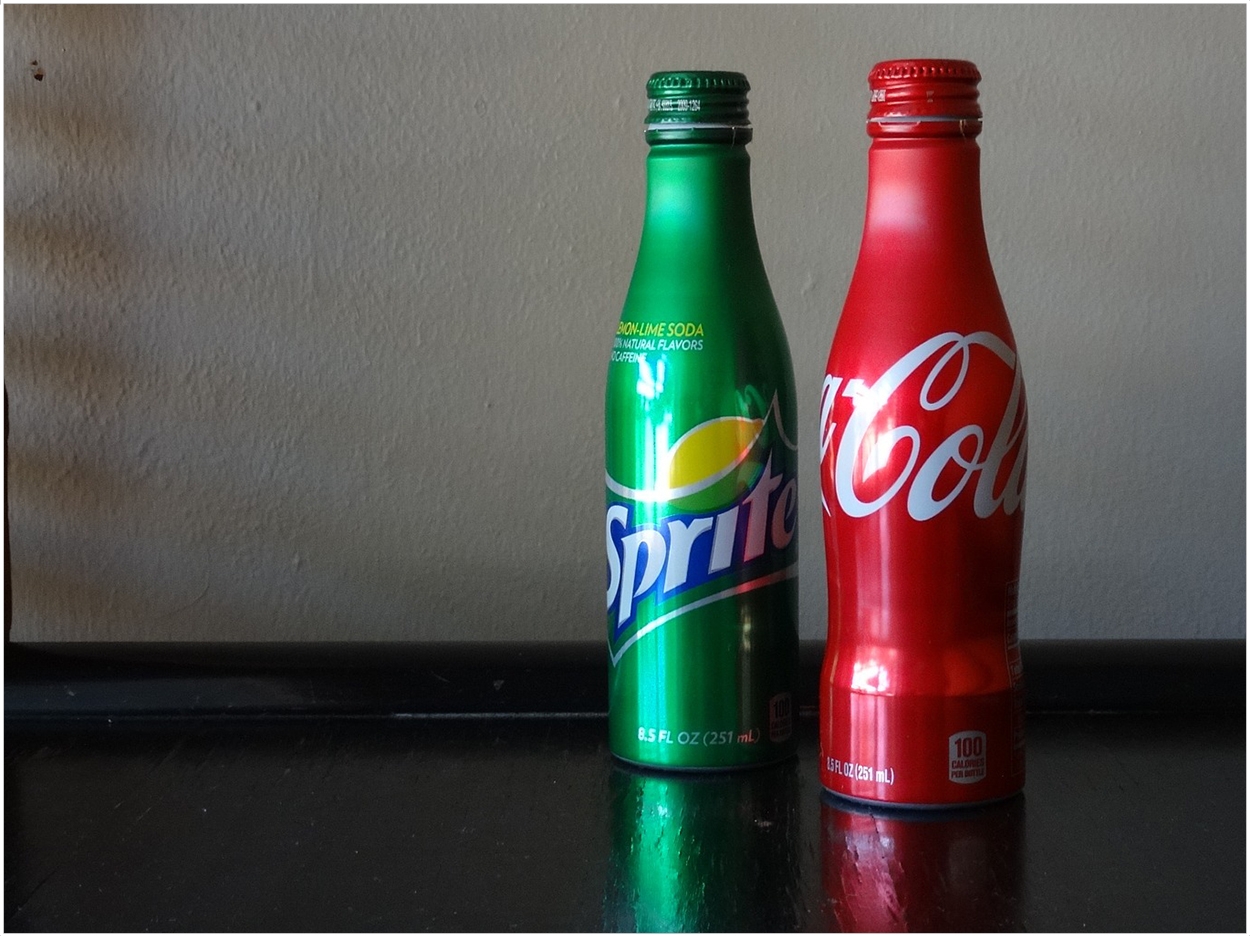
The penny-per-ounce tax that the city of Berkeley in California imposed on sugar-sweetened beverages (SSBs) has reduced SSB consumption and increased water consumption, according to the School of Public Health at the University of Berkeley, and the Department of Epidemiology and Biostatistics, University of California, San Francisco.
After Berkeley became the first jurisdiction in the United States to implement a tax on SSBs in March of 2015, the researchers examined changes in pre-tax and post-tax beverage consumption in low-income neighborhoods in Berkeley compared to Oakland and San Francisco.
A questionnaire was used to determine the frequency of beverage consumption about 8 months after the tax was passed and 4 months after it was enacted. After it was implemented, SSB consumption in Berkeley decreased by 21%, compared to a 4% increase in the other cities. Also, Berkeley showed a 63% increase in water consumption, compared to a 19% increase in the other cities.
“An SSB tax is one of the few public health interventions expected to reduce health disparities, save more money than it costs, and generate substantial revenues for public health programs,” said the authors of the study. “If impacts in Berkeley persist, and evidence from other cities passing SSB taxes corroborate our findings, widespread adoption of SSB excise taxes could have considerable fiscal and public health benefits.”
The study, “Impact of the Berkeley Excise Tax on Sugar-Sweetened Beverage Consumption,” was published in the American Journal of Public Health.
Related Articles
Tax Slashes Sugary Beverage Purchases by 12% in Mexico
Great Britain Imposes Sugar Levy on Soft-Drink Companies
CDA Launches Tobacco Tax Petition












